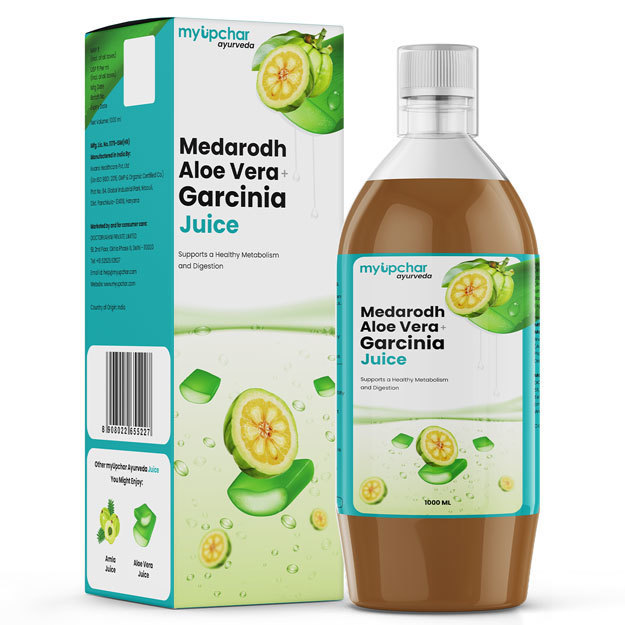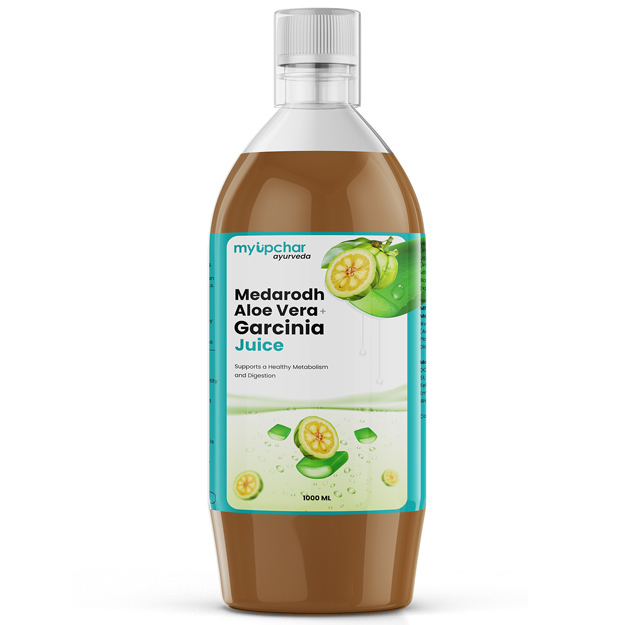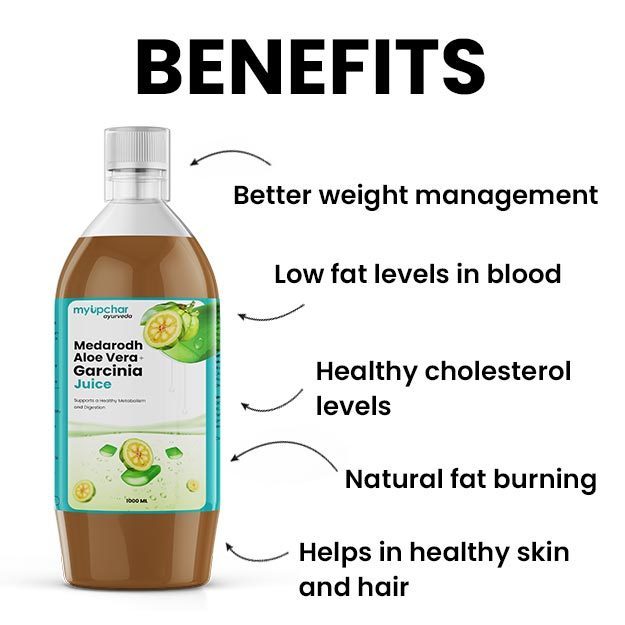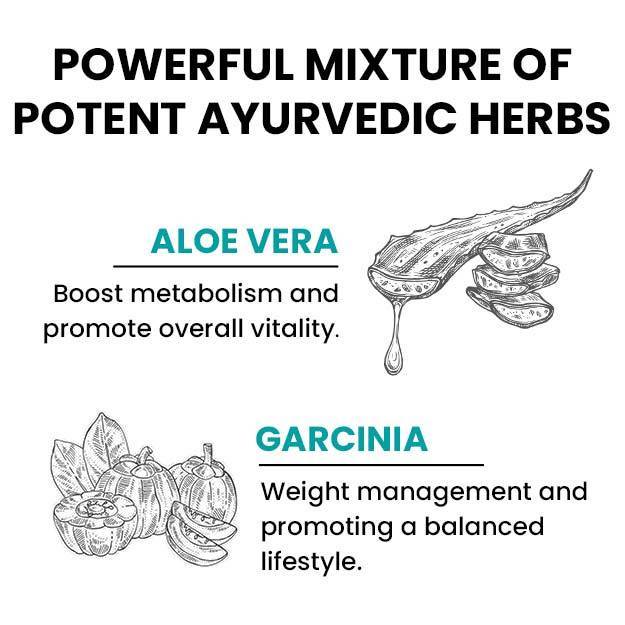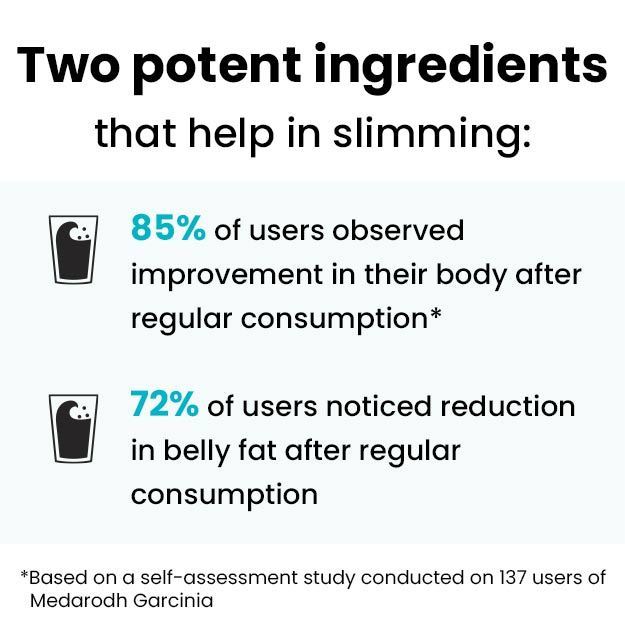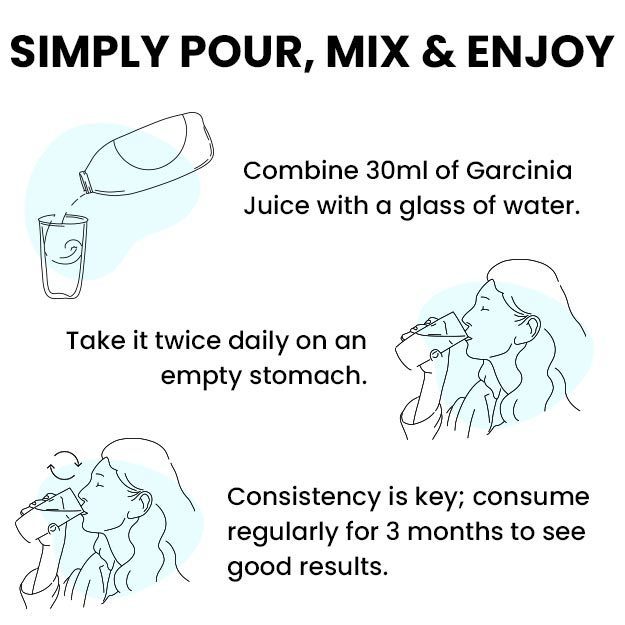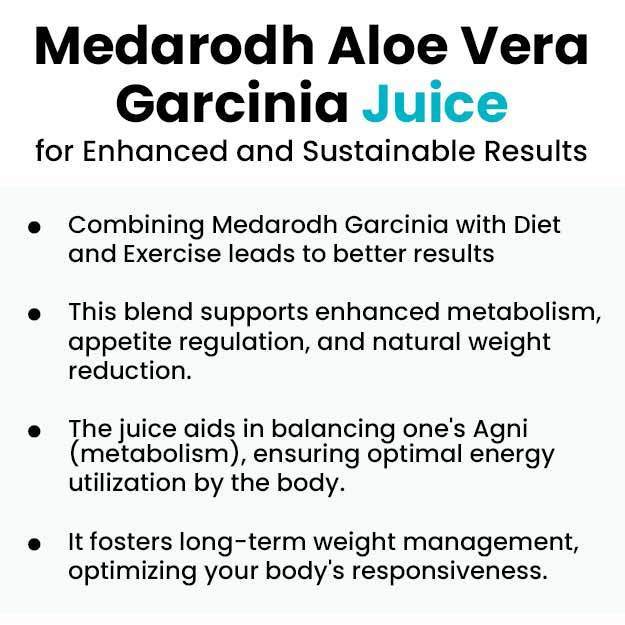Orange is a low-calorie citrus fruit which belongs to the family Rutaceae along with lemons and limes. Unlike limes and lemons, orange has a natural sweetness to it, making it easier to consume directly. It has an unmistakable citrus scent that is positively refreshing. Even the colour of an orange is very bright and cheerful. Oranges occupy a special and important place in the breakfast routine of many people worldwide. Oranges being a very popular fruit, come in many different varieties and all taste a little different. They have many uses in our day-to-day life activities, but the most popular is the orange juice. Apart from its breakfast and juice purpose, oranges have so many other uses.
Oranges are not so round orange-color fruit growing on a tree that reaches 10 meters high. Unripe oranges are usually green but mature oranges range in their color from orange to red-orange. Oranges grow well in the tropical climate and were first grown in South and East Asia. But now they are grown all over the world. For proper growth, they require considerable amounts of water and sunshine. The flavour of an orange depends on its variety. Some varieties of oranges have a sour flavour but most varieties are sweet. Some well-known varieties of oranges are Navel orange, Blood orange, Tangerine, Clementine, and Mandarin Orange. The skin of an orange is tough and shiny. Usually, there are ten segments in an orange, but the number can vary. Each segment of orange contains many seeds which are called "pips."
Orange is one of the healthiest fruits to be included in a diet. They are a very good source of vitamins, especially ascorbic acid or the vitamin C. Vitamin C has many health benefits. It promotes a healthy immune system, prevents heart disease, and controls high blood pressure. Oranges also contain a significant amount of essential minerals. The saying “An orange a day keeps the body healthy” may be apt after all.
Oranges are usually peeled and eaten freshly but they can also be squeezed to obtain orange juice. The aroma of oranges is also used to produce perfume or orange essence which can be used to flavour cakes and other baked goods.
Some basic facts about oranges:
- Botanical name: Citrus X sinensis
- Family: Rutaceae
- Common Name: Orange, santra in Hindi
- Sanskrit name: नारङ्ग (Naranga)
- Parts used: Leaves, skin, fruit, and bark
- Native and geographical distribution: Oranges were first grown in South and East Asia. It is believed that they first originated in Southern China and parts of India. They are mainly grown in Southern United States, Mediterranean regions and Southeast Asia.
- Interesting fact: Since a few oranges had the shape of a belly button near the bottom, they were named as navel oranges.
In England, oranges were given as Christmas day gifts on Queen Victoria day.
















